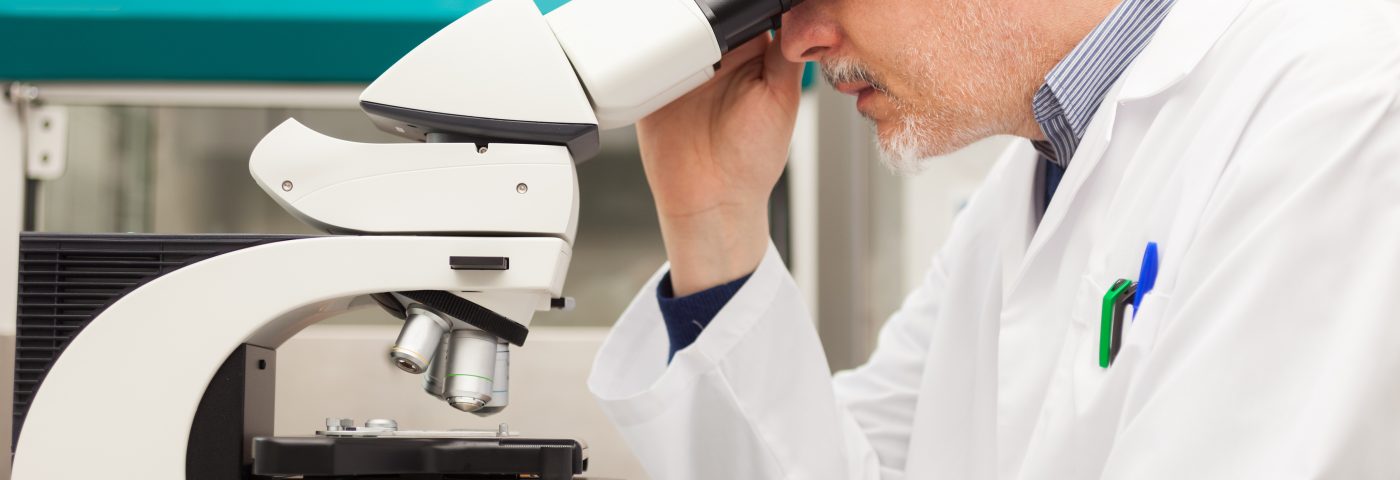New research from Iowa State University revealed that an easy change in diet can improve vitamin D levels for millions of people in the U.S. who suffer from type 2 diabetes. The study, “Whole Egg Consumption Prevents Diminished Serum 25-Hydroxycholecalciferol Concentrations in Type 2 Diabetic Rats,” was published in the Journal of Agriculture and Food Chemistry.
Vitamin D is vital for bone health and protection against cancer and a series of other diseases. However, diabetics struggle to maintain proper vitamin D levels in their bodies, as well as other nutrients, due to a poor kidney function.
The research team was interested in 25-hydroxyvitamin D-3 (25D) – the form of vitamin D in the blood that mirrors vitamin D status. Researchers hypothesized it was reasonable to test an egg-based diet instead of other diets containing vitamin D or supplements. “Eggs are the richest source of 25-hydroxyvitamin D-3 in the diet, and there isn’t any conversion required to make it into the blood. If you take it in a supplement or food fortified with vitamin D, it has to be converted to that form,” said associate professor of food science and human nutrition and the study’s co-author, Matthew Rowling, in a news release.
The team found that in diabetic rats that were fed an egg-based diet, the blood glucose levels dropped by almost 50 percent compared to diabetic rats fed a standard American diet. Also, an egg-based diet resulted in a 148 percent higher 25D concentration in diabetic mice, and a drop of 52 percent in plasma triglyceride concentration, an important risk factor for cardiovascular disease. Animals in the egg-based diet were also found to gain less weight.
Researchers emphasized that the egg yolk should also be eaten to have an effect on vitamin D levels. “If you just ate egg whites you wouldn’t get any of the vitamin D, because the 25D is only in the yolk. The whites are fine if you’re focused just on protein, but the nutrients are all in the yolk. From a vitamin D standpoint, you want to consume the whole thing,” said Samantha Jones, the study’s lead author and a graduate research assistant.
The team’s next goal is to identify the minimal amount of eggs necessary to introduce in a diet to yield a benefit. The study was designed to replace protein in the diet, so rats were fed the equivalent of 17 to 18 eggs daily, which is a considerable increase in the average weekly egg intake in a standard diet. But researchers expect a much lower dosage needed in humans based on the results and severity of the rats’ diabetes. The teams also aims to discover whether health benefits are enhanced when the diet includes additional dietary components that promote vitamin D maintenance and reduction of diabetic symptoms, such as fiber.
“You may need even less egg if you combine it with something else that does not provide vitamin D per se, but rather protects the kidney and prevents loss of vitamin D,” said Kevin Schalinske, professor of food science and human nutrition and the study’s senior author. “We want to make sure we understand what’s going on with egg consumption and promoting vitamin D balance, and make sure there’s a linkage to outcomes whether it’s bone health or kidney health.”
The authors will continue their research to understand why diabetics retain more vitamin D from eggs than from supplements, but they suspect it might be related to other egg components.


